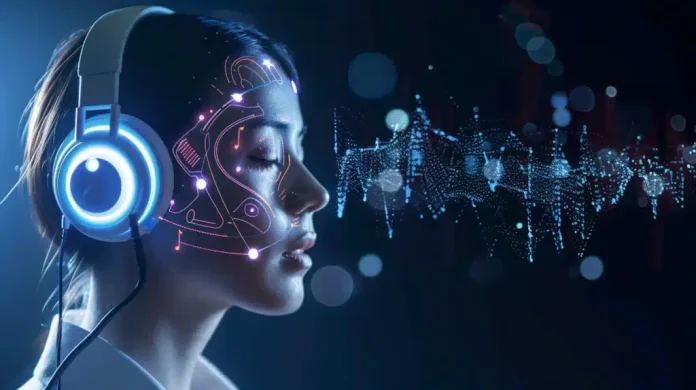Introduction: AI as the New Composer
Artificial Intelligence (AI) is revolutionizing the music industry, from composing symphonies to creating beats for pop songs. AI-generated music is no longer a futuristic idea—it’s a present reality that challenges traditional notions of creativity.
How AI is Changing Music Composition
AI tools like OpenAI’s MuseNet and Google’s Magenta analyze vast databases of musical styles and patterns to generate compositions in various genres. Artists use these tools to experiment with sound, break creative blocks, or produce entire tracks.
Notable Applications:
- Film Scores: AI-generated music is increasingly being used in movies, creating atmospheric soundtracks tailored to specific scenes.
- Pop and EDM: Artists like Taryn Southern have collaborated with AI to create hit songs, blending human emotion with machine precision.
Benefits of AI in Music
- Accessibility: AI tools democratize music composition, allowing amateurs to create professional-quality tracks.
- Innovation: AI can generate unique combinations of sounds, pushing the boundaries of traditional music theory.
- Efficiency: Musicians can save time by using AI to generate base tracks or refine existing compositions.
Ethical Concerns and Challenges
The rise of AI in music raises questions about authorship, originality, and the role of human creativity. Critics argue that relying on AI might diminish the emotional depth and cultural significance of music.
Conclusion: A Harmonious Partnership
While AI is unlikely to replace human musicians, it serves as a powerful tool for innovation. The fusion of AI and human creativity promises a future where music continues to evolve, blending technology with artistry.
